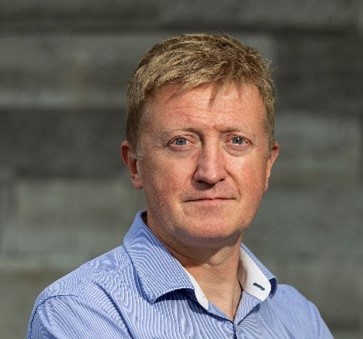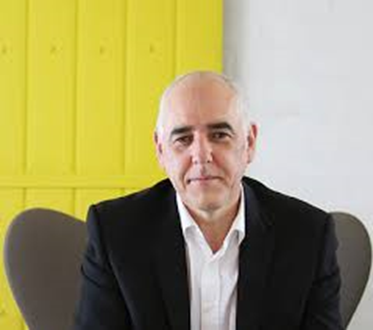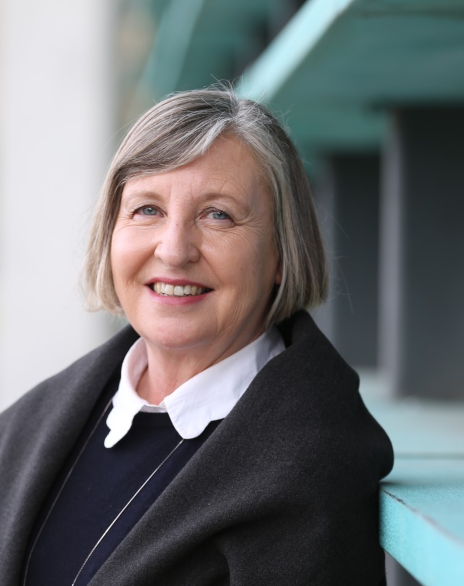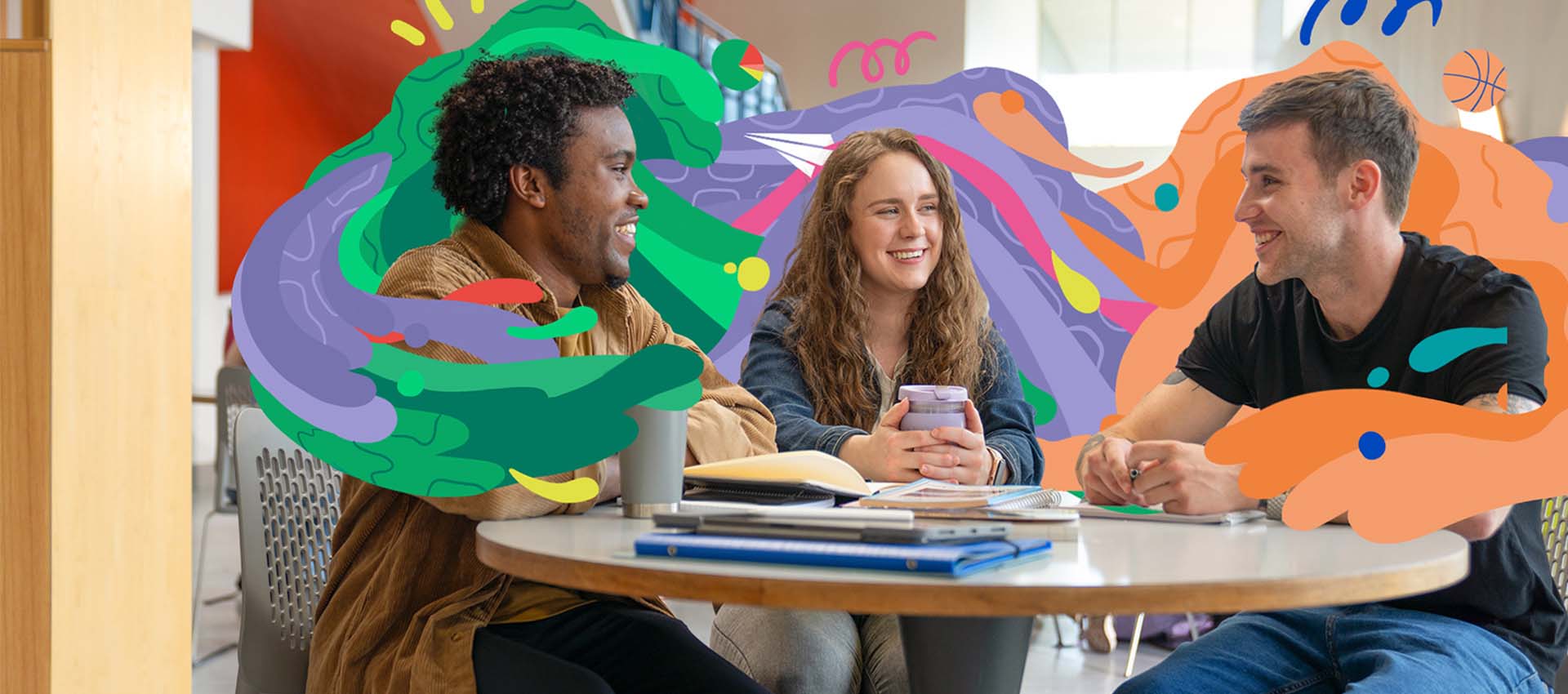Keynote Speakers
This talk will outline what is understood about the science of human decision-making and how it applies to complex decisions that may have impacts on people’s lives many years into the future. It will cover how people trade-off outcomes now versus outcomes in the future, how people cope when there are too many factors to trade off and how social factors influence such decisions.

About Pete Lunn
Pete Lunn is the founder and head of the ESRI’s Behavioural Research Unit (BRU).
A behavioural economist, he holds degrees in Philosophy & Psychology, Neuroscience, and Economics. Pete is also an Adjunct Professor in the Department of Economics at Trinity College Dublin (TCD).
Pete’s primary research interest is how people make judgments and decisions. His work focuses on decisions that affect environmental, financial, and health outcomes, especially decisions that have impacts on people’s lives many years after the decision is taken.
Pete has undertaken research for many government departments and state agencies and has worked internationally with the OECD and the European Commission. His research has been published in international journals in economics, psychology, finance, environmental science, public health and consumer research.
As a former BBC journalist, he believes strongly in science communication and regularly contributes to Irish and international television, radio, newspapers and podcasts. He teaches behavioural economics at both TCD and University College Dublin (UCD) and provides training in behavioural economics and behavioural science to public servants.
chatACLYSM! Generation Z and the New World of Work
Things just got personal. For millennia, technology has helped us do our jobs smarter, faster, better. From the invention of the wheel, to the launch of the smart phone, technology has complemented our human skills and talents. With technology, we’ve eradicated diseases, decoded DNA and explored the universe.
All that is about to change. Technology now wants our jobs.
Within the next decade, Artificial Intelligence and automation will be able to do almost all basic work tasks, or nearly half of the total workload of advanced economies. Within the lifetime of today’s students, AI is set to become millions of times smarter than the smartest human, leading to a point where it’s claimed that no jobs – as we currently understand them – will be needed.
So, what does this mean for today’s students and graduates? How can university careers teams ensure that they’re preparing students for the new world of work?
The aim of this talk is to provide AHECS with an accessible and research-informed insight into the new ‘chataclysmic’ world of work – a world in which global businesses are run from laptops, attention spans are measured in seconds not minutes, and last century’s ‘careers-for-life’ are rapidly becoming ‘zombie’ jobs.
The presentation will also explore the world of Generation Z and reveal how technology is shaping its world view, making it more individualistic and slowing its transition to adulthood.

About Paul Redmond
Dr Paul Redmond, author, keynote speaker, and employment guru, is a leading expert on generations and the future of work.
Paul is currently the Director of Student Experience and Enhancement at the University of Liverpool and one of the UK’s leading experts on the graduate employment market. During his career he has worked at a number of leading universities and has been responsible for guiding the careers of thousands of students and graduates. He has presented at numerous conferences and events around the world. In addition to writing regularly for national newspapers and other publications, he is a frequent guest on both radio and TV, appearing on numerous BBC and independent news and current affairs programmes. Since 2014, Paul has produced a regular, and highly popular, diary column for the UK’s Association of Graduate Recruiters magazine.
Paul’s media work includes numerous BBC and independent news programmes and bulletins. In 2011 he collaborated with the BBC and Tiger Aspect in the making of ‘Who gets the best jobs?’ a groundbreaking series of documentaries on the impact of social class on the graduate job market. Paul’s work on the rise of the ‘Helicopter Parent’ had led to appearances on numerous BBC and independent TV programmes, including the Jeremy Vine show.
Paul is the author of several books, including the best-selling ‘The Graduate Jobs Formula’, ‘A Parent’s Guide to Graduate Jobs’, ‘Talking about my Generation’, and ‘Making it Happen – the new world of graduate recruitment’ (co-authored). In 2010, in recognition of his writing and research, Paul was awarded a Fellowship of the Royal Society of Arts.
Higher education can be a pivotal time filled with stressors and transitions, coinciding with the developmental peak of common mental health issues. This presentation will delve into the risk and protective factors surrounding depression and anxiety, prevalent among students, drawing insights from the My World Survey studies. Diverse student cohorts are explored to discern their unique mental health needs and emphasize the necessity of a comprehensive institutional approach in supporting student well-being. A comprehensive institutional approach for all students will ensure that each can reach their potential and lead a productive life.

About Barbara Dooley
Professor Barbara Dooley is UCD’s Dean of Graduate Studies & Deputy Registrar and the Director of the Ad Astra Academy, UCD’s scholarship programme for exceptional students.
Professor Dooley was Acting Registrar & Deputy President (2022-2023), Vice-Principal for Teaching and Learning in the College of Human Sciences (2009-2014) and Head of the School Psychology (2005-2009).
Professor Dooley is an active researcher and research supervisor in youth mental health with a particular focus on student mental health. She co-founded the UCD Youth Mental Health Lab with UCD School of Psychology colleagues. She is a member of the HSE National Office for Suicide Prevention Evaluation Advisory Group, Vice-President of the International Association for Youth Mental Health, a member of the Health Research Board (HRB) National Drugs Strategy Research Subcommittee, a member of the HRB National Mental Health Research Strategy Expert Group.

